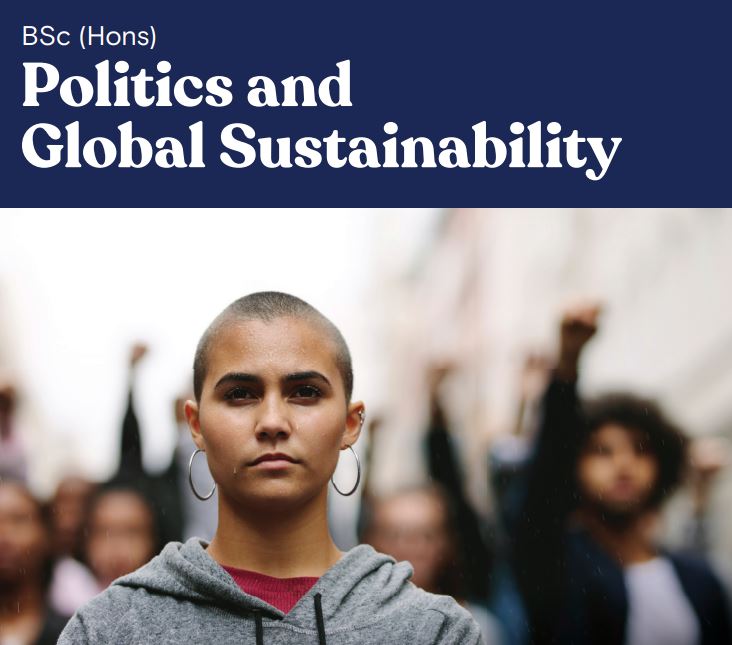Dr Susan Kenyon explains why she believes that our students can learn the skills to change their world through active learning.
I am privileged to lead the first year Introduction to Politics and International Relations module at Canterbury Christ Church University. It is essentially an academic skills module, which frames all subject-learning around questions that encourage critical thinking – Should we save the planet? Should the world be more democratic? – alongside other key skills, including deconstructing assessment briefs, how to use your feedback, referencing, etc.
The first task that I set each year, to be completed before the first lecture, is to contribute to an online discussion board. The question is simple: Why did you choose to study Politics and/or International Relations?
My motivation for this was threefold. (1) Begin to build learning community, by encouraging discussion between classmates. (2) Begin to build skills in using the virtual learning environment. (3) Shape the content of the module around the topics that the students mention, dynamically developing the module around student interests.

I am just entering my fourth year as module convenor. When I started this adventure, I thought that students would choose to study Politics because they were interested in the subject area. I imagined that they would post a list of topics that they find interesting – political theory, how government works in Russia, the Vietnam war… But what I have found is that our students study Politics not because of a particular subject matter, but because they want to change something. What exactly they want to change may differ, but our students are united by a desire to understand how to change their world.
We have responded with new content: our first-year module called ‘How to Change the World’ (HTCTW), which explores how we interact with government, from petitions to protest and civil disobedience; and my second-year module called ‘Insight for Impact’ (IFI), which focuses on influencing the policy process through effective stakeholder engagement.
But more importantly, perhaps, we have responded in how we teach.
I believe that our students can learn the skills to change their world and that they can be empowered to believe that they can change their world, through active learning.
To do this, I have adapted a pedagogy that was developed for engineering education, with the aim of developing ‘industry-ready engineers’ on graduation. Adapting the Conceive-Design-Implement-Operate (CDIO) pedagogy to political science involves allowing students to (1) conceive a problem that matters to them, which they would like to change, (2) design an intervention, (3) allowing them to learn what would happen if they implemented it, through feedback on their first assessment, then (4) enabling them to redesign their intervention, now that they are fully informed of the operational benefits and disbenefits of their solution.
In the IFI module, their intervention is a policy-based solution, developed for their chosen stakeholder. In HTCTW, the intervention is a method of influence – perhaps a poster, poem or protest, a song, manifesto, TikTok video, cartoon… Students learn about the (likely*) efficacy of their intervention in achieving the change that they want to see, with reference to the literature, feedback from stakeholders and personal reflection.
The pedagogy isn’t perfect and I am constantly reflecting on and evolving the approach, as Rob McMonagle and I discussed at APSA. But I firmly believe that active learning teaches our students more skills and develops their agency to a greater extent than any amount of content that they can read, or we can impart.
*We have clear boundaries and – as I shall write about in a future post – we do not allow students to publish their work or take part in civil disobedience!
Dr Susan Kenyon is a Principal Lecturer in Politics at Canterbury Christ Church University. A version of this blog was first posted on the Active Learning in Political Science Blog on 4 October 2024
 Politics
Politics Laura Cashman
Laura Cashman 875
875


